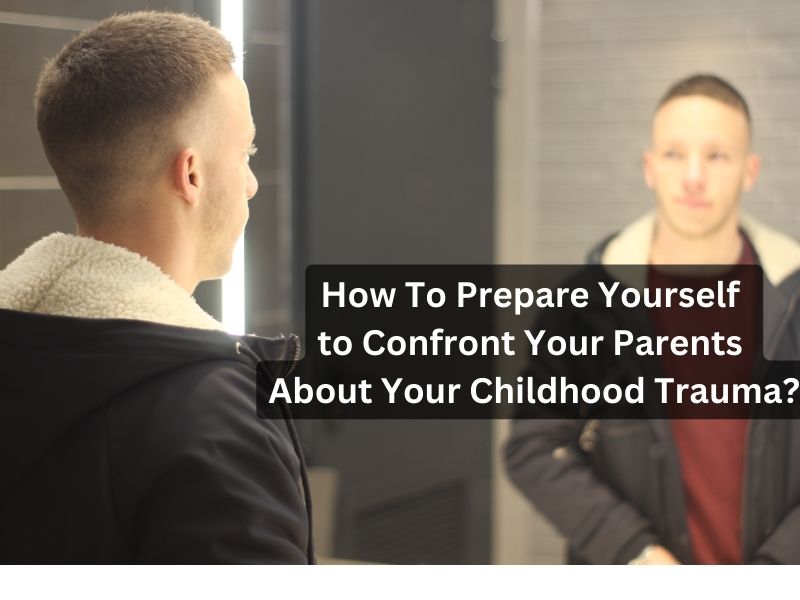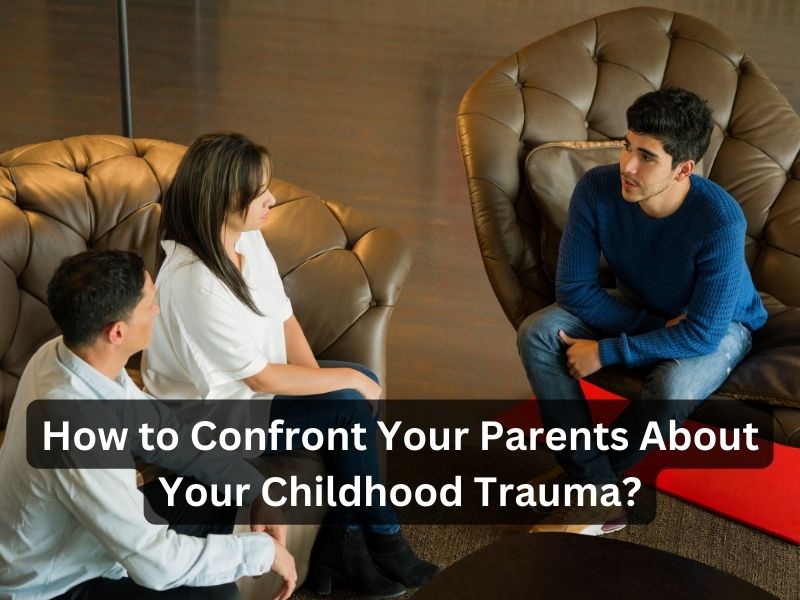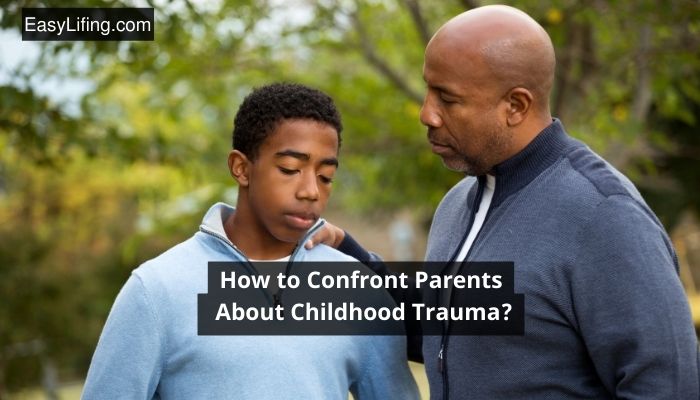How to Confront Parents About Childhood Trauma?
If you’re struggling with childhood trauma, you may feel like you’re the only one. But you’re not. Many people have experienced trauma in their childhood, and it can have a profound effect on their life. So, it is important to tell everything to your parents so that you can find out the solution. Just be clam and gather courage to share with with parents Keep in mind choose a relax time so that there is no interruption while you are talking.
In this blog post, we’ll discuss why you might need to confront your parents about your childhood trauma, what to expect when you do, and how to approach the conversation. We hope this will give you the tools you need to start healing from your past.
Also Read
What To Say To Someone Who Is Self-Loathing?
How To Say Happy Mother’s Day To Non Mothers?
Why You Might Need to Confront Your Parents About Your Childhood Trauma?
It is important to confront your parents about your childhood trauma because it can help you to understand what happened to you, work through your feelings about it, and develop a plan to heal. Additionally, talking about your experience with your parents can help to improve your relationship with them. Here are some important reasons why you might confront your parents:
1. To Understand What Happened
If you were never given an explanation for the abuse or neglect you experienced as a child, it can be helpful to talk to your parents about what happened. This can help you to make sense of your experiences and to begin to work through them. Additionally, understanding what happened can help you to develop a plan to prevent it from happening to your own children.
2. To Work Through Your Feelings
If you have never talked about your experiences with your parents, you may be holding onto a lot of anger, hurt, and resentment. Confronting your parents about your childhood trauma can help you to begin to work through these feelings. Additionally, it can help you to develop a more positive relationship with your parents.
3. To Develop a Plan to Heal
If you want to heal from your childhood trauma, it is important to develop a plan. This plan may include therapy, support groups, and self-care. Talking to your parents about your experiences can help you to develop a plan that works for you.
4. To Improve Your Relationship With Your Parents
If your relationship with your parents is strained, talking about your childhood trauma can help to improve it. This conversation can help you to understand each other better and to develop a more supportive relationship.

How To Prepare Yourself to Confront Your Parents About Your Childhood Trauma?
Sometime in our lives, we will all be faced with the difficult task of confronting our parents about our childhood trauma. This can be an incredibly daunting and scary experience, but it is also an important step in healing our trauma. There are a few things you can do to prepare for this conversation.
Understand Your Own Need
First, it is important to understand your own feelings and needs. What do you hope to gain from this conversation? What do you need your parents to know? What do you need them to do? Once you have a clear understanding of your own needs, you can begin to formulate a plan for the conversation.
Your Parents Might be Angry So Be Prepared
It is also important to be prepared for your parents’ reaction. They may not be ready or willing to talk about the past. They may become defensive or even hostile. It is important to remember that this is not about them, it is about you and your healing. You may need to be patient and give them time to process what you are telling them.
Get A Supportive Person
Try to have support before and after the conversation. Talk to a therapist or a friend who can help you process your feelings. This can be an emotionally charged conversation, so it is important to have someone to lean on afterward.
Confronting your parents about your childhood trauma can be a scary but important step in your healing journey. By being prepared and having support, you can make this conversation a little bit easier.
Your parents may also not be willing to talk about what happened. This can be due to feelings of shame, guilt, or denial. If this is the case, it’s important to respect their wishes and not force them to talk about something they’re not ready to discuss.

How to Confront Your Parents About Childhood Trauma?
If you’re struggling with the effects of childhood trauma, you may feel like you’re all alone. But you’re not. Many other adults have experienced similar things. And while it may be difficult, it’s important to talk to your parents about what happened.
Here are some tips for how to confront your parents about your childhood trauma:
1. Choose a time when you’re both calm and can have a conversation without interruption.
2. Start by saying something like, “I need to talk to you about something that happened to me when I was a child. I’ve been struggling with it for a long time and I need to tell you about it.“
3. Be prepared to answer any questions they may have, but try to stay focused on your own experience.
4. If they react angrily or dismiss your experiences, try to remain calm. It’s okay to express your feelings, but try not to get into an argument.
5. Remember that this is a difficult conversation for both of you. It may take some time to process everything.
If you’re having trouble talking to your parents about your childhood trauma, other people can help. Talk to a therapist or counselor who can provide support and guidance.
Conclusion
If you’re considering confronting your parents about your childhood trauma, it’s important to be prepared for their reaction. They may not believe you, or they may get angry. However, if you choose a time when you’re both calm and keep the conversation civil, you may be able to get them to open up and talk about what happened.
To Get More Updates Form Use Follow On Social Media Facebook, Twitter, Pinterest







